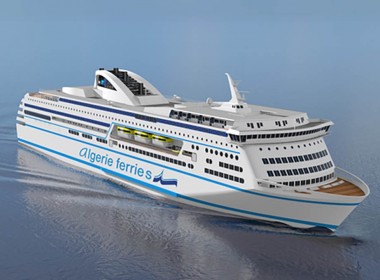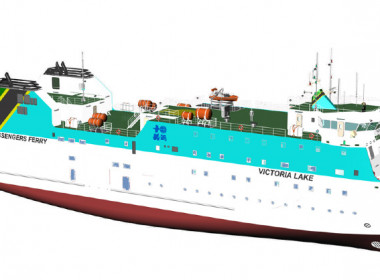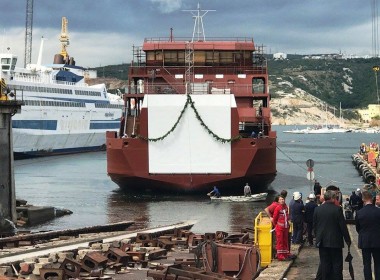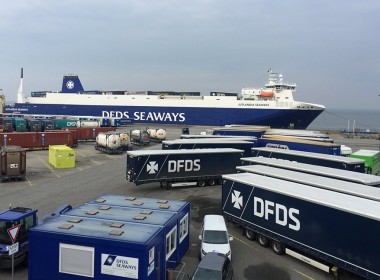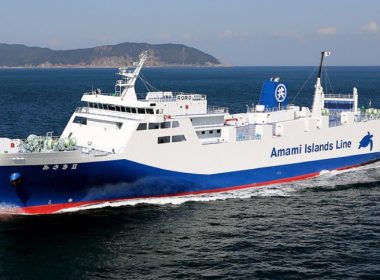FEATURE | Swedish ferry operator proposes hydrogen-powered fast Ro-Paxes

Swedish transport operator Gotlandsbolaget is developing a new range of large Ro-Pax ferries that will be capable of high-speed sailings using hydrogen as fuel.
The vessels will include a monohull ferry with capacity for 600 cars and 1,900 passengers and a catamaran with capacity for 450 cars and 1,650 passengers. Gotlandsbolaget will collaborate with Australian shipbuilder Austal on the design and construction of the catamaran, which will be named Gotland Hydrocat. The monohull ferry will meanwhile be named Gotland Horizon.
Working in tandem to and from the mainland
The company expects the ferries will each be capable of covering the entire 90-kilometre stretch between the island of Gotland and the Swedish mainland in around three hours thanks to their service speeds that are in excess of 28 knots. The monohull will be the main vessel to serve this route whereas the catamaran – which has a smaller transport capacity but a slightly higher operating speed – will be deployed to shoulder the passenger and freight loads during peak seasons.
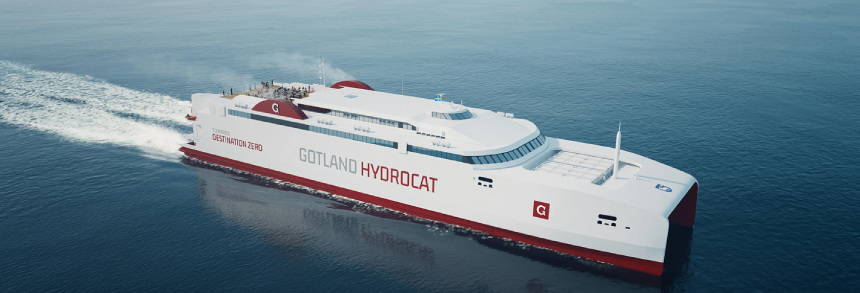
The most noteworthy feature of the new ferries will be their hydrogen propulsion systems, which will include waterjets and 15MW gas turbines whose emissions will consist only of water vapour. In essence, the operation of the gas turbines leads to the creation of more water, making the vessels’ sailings sustainable over time.
Option to accommodate other environment-friendly fuels
Gotlandsbolaget said that besides promising higher operating speeds, gas turbines also offer the advantage of adaptability to accommodate various types of fuels aside from fossil fuels. Options include methanol, e-methanol, and liquefied biogas (LBG) once these become available in the future. Modifications can easily be incorporated in the turbines to enable them to “switch” from one type of fuel to another without having to take the vessels out of service for extended periods.
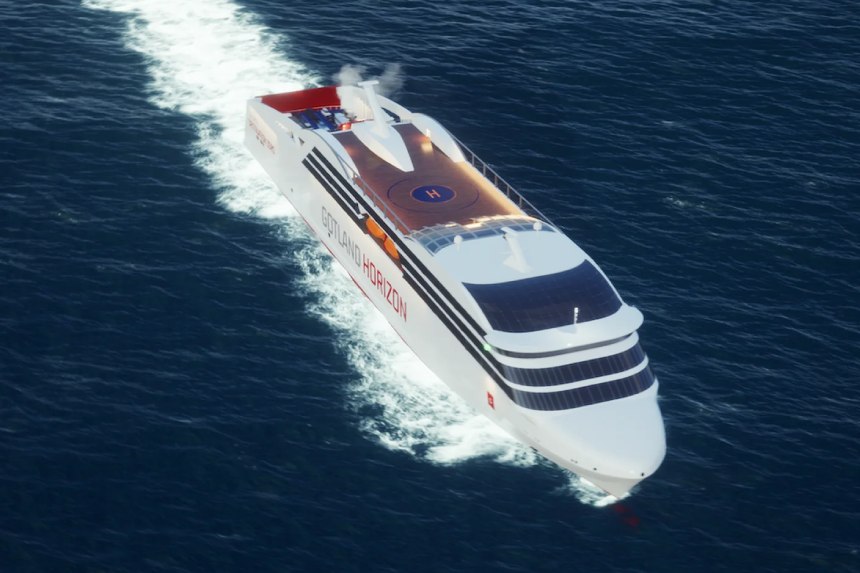
The vessels’ entry into service is scheduled for no later than 2030, and their operation will contribute to the Gotlandsbolaget Group’s goal of achieving climate-neutral traffic in the waters of the Gotland region by 2045.



